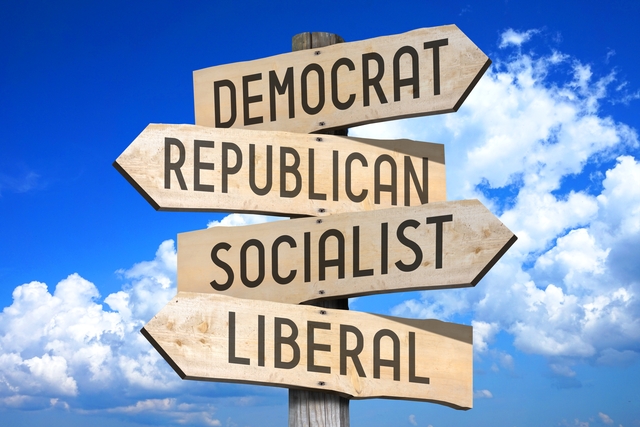No matter where you fall on the political spectrum, one thing is clear: the world feels unstable. For many neurodivergent individuals — including those with autism, ADHD, BPD, and other forms of cognitive or emotional divergence — this uncertainty can feel especially intense.
Why?
Because for neurodivergent folks, stability isn’t just a preference — it’s a lifeline. Routine, predictability, and safety are key to functioning well. And when political, social, or legal systems shift rapidly or unpredictably, the emotional and psychological toll can be immense.
In today’s divided political landscape, neurodivergent individuals are experiencing real fears — from both sides of the aisle — and often feel caught in the middle, underrepresented, or misunderstood.
Let’s talk about it — without the rhetoric, without the tribalism, and with a lot of empathy.
🧠 Why Politics Feels Personal for Neurodivergent People
- Policies affect access. Healthcare, education, disability accommodations, mental health funding, and workplace protections all hinge on political decisions.
- Change is destabilizing. For someone whose executive functioning or nervous system relies on consistency, political chaos can trigger real distress.
- Rhetoric becomes identity-shaping. When public discourse targets “special interests,” “woke agendas,” or “snowflakes,” ND people often wonder: Are they talking about me?
- News is overwhelming. Many ND individuals are highly empathetic, emotionally intense, or struggle with information filtering — making it hard to disengage from distressing updates or social media spirals.
💬 Fears From the Right
Some neurodivergent individuals lean toward conservative values — valuing structure, faith-based communities, personal responsibility, or concerns about government overreach. But they also face fears, such as:
- Being misunderstood by more liberal neurodivergent spaces that may assume all ND people are progressive
- Concerns about freedom of speech, religious expression, or parental rights being limited by federal oversight
- Fear of being silenced when expressing “non-mainstream” or traditional viewpoints in neurodivergent communities
- Worry that support for neurodivergence is being politicized, rather than understood as a human issue
💬 Fears From the Left
Other neurodivergent individuals resonate more with progressive values — prioritizing inclusion, social justice, and systemic change. Their concerns may include:
- Losing healthcare protections tied to mental health, disability rights, or pre-existing conditions
- The rollback of educational accommodations or funding for IDEA, IEPs, and support services
- Rising rhetoric around ableism, race, gender, and neurodiversity being “dangerous” or “deviant”
- Fears about criminalization of behaviors tied to neurodivergence, especially among marginalized populations
🔁 Feeling Trapped in the Middle
Many neurodivergent individuals don’t feel fully represented by either party — or they feel exhausted by the pressure to pick a side. They may say:
- “I don’t feel safe in political spaces — they’re too loud, too extreme, too fast-moving.”
- “I support disability rights, but I also value personal freedom and faith.”
- “Why does every issue have to be a culture war?”
This leads to isolation, shutdown, or retreat — not because ND people don’t care, but because they care deeply and feel powerless.
🧭 What Can Help Right Now
1. Curate your media intake.
Unplug from doomscrolling. Choose a few balanced, trusted sources and take in news in small doses.
2. Anchor in your values.
Your identity isn’t defined by a party or a news cycle. Focus on what matters to you — access, compassion, freedom, safety, and self-respect.
3. Create community that respects nuance.
Seek out ND spaces that are inclusive, curious, and not dominated by political litmus tests. It’s okay to hold both/and values.
4. Advocate where you can.
Whether it’s voting, emailing a representative, or supporting someone in your life who’s struggling, small actions matter — especially when done from a regulated, grounded place.
5. Take care of your nervous system.
Movement, nature, routine, rest — these are revolutionary acts in a world that thrives on burnout and noise. You don’t have to carry it all.
🫶 A Final Word
Neurodivergent people deserve safety, inclusion, and respect — regardless of political affiliation.
They deserve policies that honor their needs and discourse that sees them as humans, not pawns in an ideological war.
It’s okay to be afraid right now. It’s okay to feel disillusioned. And it’s okay to take a step back — not because you’re disengaged, but because you’re protecting your peace.
I work with neurodivergent adults who feel overwhelmed by identity, current events, or constant pressure to take sides. If you’re tired of navigating the noise alone, I’m here to help you come home to yourself.

